Long-term drug and alcohol abuse can lead to significant physical and psychological health challenges. Addiction knows no limitation; it does not care about economic or social status, religion, employment, or housing status. Deciding to seek treatment to overcome addiction can easily be one of the most challenging decisions you will voluntarily make to improve your overall health. The withdrawal and detox process can indeed be difficult and complex. In some instances, potentially dangerous side effects are common, especially when detoxing from certain drugs and alcohol. Because detox is unpredictable, it is highly recommended that you complete detox at a medical detox center where skilled, compassionate medical and mental health professionals can provide support.
When you are ready to overcome drug or alcohol addiction, detox is the first and vital step required to cleanse your body of any remaining toxins from substance use. Only after your system is free from the effects of drugs or alcohol can you fully engage in a drug or alcohol treatment program. While you may believe that you can quit alone, it is vital to remember that the detox process can be dangerous and often lead to relapse. That is why it is vital to find a medical detox center in Washington to support your needs and help you detox safely and effectively.
The severity of the withdrawal symptoms you experience during detox will depend on the factors unique to your addiction, such as how long you have been drinking or using and the severity of your substance use.
Because drugs and alcohol alter the structure and function of the brain and other body systems, they will eventually crave substances to carry out essential, often life-sustaining functions. One function affected by substance abuse is dopamine release. The release of dopamine affects emotions such as happiness and joy and plays a role in natural pain management. The amount of dopamine released into your body is greatly influenced by how drugs attach to dopamine receptors in the brain.
Over time, the effects of just one dose of a particular drug are insufficient to achieve desired results. Someone with a drug or alcohol addiction will continue to use more often and at higher doses to achieve the same high they remember from the first time they drank or tried drugs. When you try to stop using or drinking, your brain struggles with the lack of substance, and cravings occur.
We Work With Most Major PPO & HMO Insurance Providers. We Now Are Accepting Medicaid for Outpatient Treatment. Within Medicaid, we only accept Well Point.
We Are An In-Network Provider For Kaiser And Lifewise Insurance Carriers.






When you begin to detox from drugs, you intentionally stop using drugs to give your body the time it needs to learn how to function without substances. Detoxing from drugs can be scary, painful, and sometimes dangerous because it requires you to experience a full range of withdrawal symptoms related to the substance or substances you used.
While using drugs, your body and brain become accustomed to performing daily tasks with the help of a certain amount of an addictive substance. The organs and brain will actively change their functions to accommodate drug use and the need to flush the toxic chemicals from the body each day. In time, you will feel like you need substances to function normally. As a result, during drug detox, when your body is not getting the substances it craves, it can lead to several unpleasant effects known as withdrawal symptoms.
Examples of common drug withdrawal symptoms can include stomach discomfort, tremors, dizziness, heart rate changes, and nausea. In more severe cases of drug withdrawal, heart palpitations, seizures, and other medical emergencies. Sometimes, severe withdrawal symptoms cause you to relapse because withdrawal symptoms are challenging and sometimes debilitating. Because drug withdrawal symptoms can be dangerous, detoxing under medical supervision provides the most significant opportunity for positive outcomes.
Drug detox itself is not addiction treatment; however, it is a first and vital first step towards achieving lasting recovery. Typically, you should expect a drug detox program in Spokane to include a few crucial elements.
During the intake or assessment process, a member of our treatment team will conduct an intake exam. This exam aims to help your treatment providers understand the level and type of support you may need during drug or alcohol detox. You will talk to a provider about your physical health, history of substance abuse, and history with detox and addiction treatment. They may also conduct various tests to assess your current medical and mental health. These tests are essential to determining the presence of any co-occurring mental or physical health conditions that may impact detox or influence the severity of detox symptoms.
Drug and alcohol detox and withdrawal symptoms will vary from person to person. The intensity and severity of the symptoms you experience depend significantly on several factors. In a medical detox program, each person seeking help can expect complete medical supervision throughout the detox process. This may include medication administration to help manage and reduce the intensity of specific withdrawal symptoms.
Throughout detox, which can sometimes last up to a week, medical staff continually monitor vitals to ensure your ongoing safety and reduce the chances of an acute medical emergency. Medically assisted or medical detox aims to provide mental and physical stability support during the earliest and most challenging days of detox. Once detox is complete, it is crucial to transition to an addiction treatment program that includes therapy, addiction education, and support while working towards lasting sobriety and recovery.
Regardless of your substance of choice, detoxing from drugs or alcohol alone or “cold turkey” can be unsafe. When you detox in a medically supervised setting, you are provided with ongoing support and care essential to successful detox and recovery. At Sequoia Recovery Centers, we understand that the unknowns that accompany detox are scary. We are here to provide support and guidance through each stage of your detox journey. Although detoxing is only the first step towards recovery, without detox and a commitment to lasting sobriety, it is impossible to recover from drug and alcohol addiction and begin a healthy life free from the hold of substances.
We understand how challenging it can be to know if and when you or your loved one needs help with addiction. By taking this quiz, you can get a quick assessment of some signs that may indicate whether or not you need to reach out for help.
Medically supervised detox programs or medical detox provide the best and often most successful path to sobriety for many who seek treatment to overcome addiction each year. In a medically supervised detox like Sequoia Recovery Centers’ Spokane detox program, you will have access to comprehensive support provided by a highly trained staff available for continual guidance. This high level of support provides a far more comfortable path to recovery than can be achieved with self-detox or the cold turkey detox method.
Our comprehensive Spokane detox services offer 24/7 access to highly trained medical staff, dietary services (complete with a professional chef and trained dieticians), and medication or MAT assistance if necessary to make detoxing from drugs or alcohol as comfortable as possible. At our drug and alcohol detox center in Spokane, skilled medical and therapeutic providers, along with an experienced and compassionate staff, will work to ensure you are assisted in the entire process to begin your journey of healing.
If you or a loved one are ready to put the challenges of addiction in the past, don’t wait to reach out. Addiction doesn’t take a day off, and drug and alcohol dependency symptoms will not go away without help. To learn more about our programs, contact us today.
